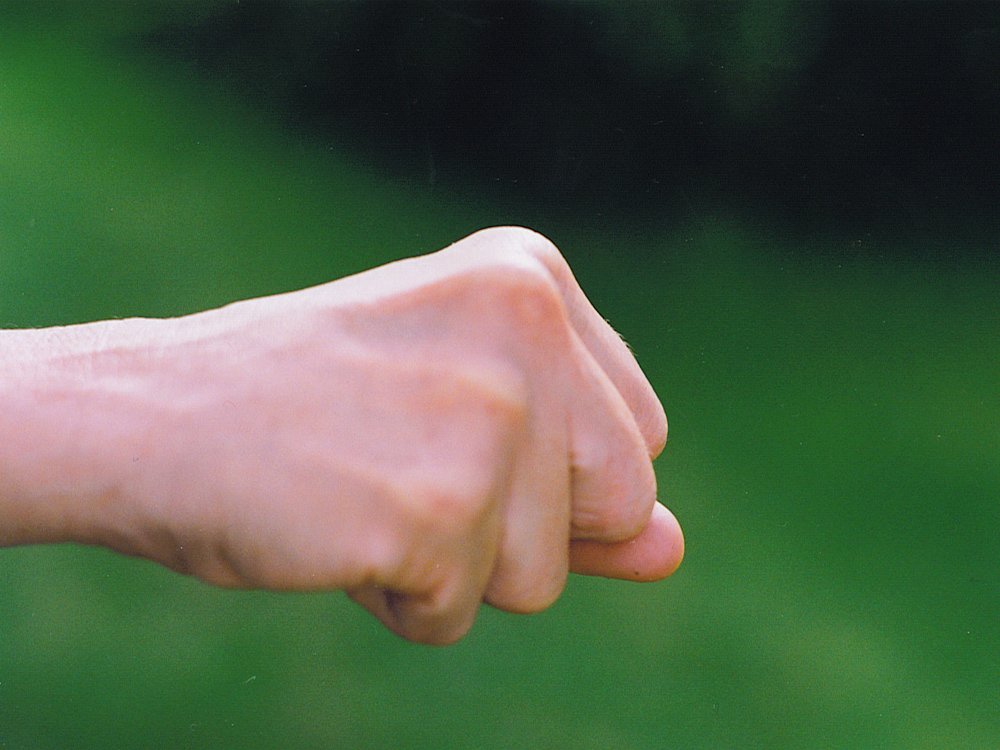
The rise of anti-Semitism and anti-Israel demonstrations on college campuses are frightening and sometimes dangerous.
I know this from personal experience because once when I had set up a Jewish information table on campus, a student started cursing me. His verbal attack turned anti-Semitic, and then he threw a punch at me.
Fortunately, my years of self-defense training kicked in, and I was able to block the punch and hold the student down until the police arrived.
Although some religions teach pacifism, Judaism encourages self-defense and does not require us to “turn the other cheek.”
In this week’s Torah portion Mishpatim (Exodus 21:1–24:18), we learn a valuable lesson about self-defense. “If a thief was discovered breaking in and was struck down and died, his death is not considered murder” (Exodus 22:1). Our sages explain that this applies when you feared for your life and had no other way of preventing the thief from killing you.
Killing in self-defense is not murder. This precept explains why a correct translation of “lo tirzach” in the Ten commandments means “you shall not murder” (Exodus 20:13), and not “you shall not kill.”
We are also commanded to come to the aid of others as it says, “do not stand idly by while your neighbor’s blood is shed” (Leviticus 19:16).
When Jews returned to Jerusalem from exile and started construction of the second Temple, they took precautions with “spears, shields, bows and armor” (Nehemiah 4:16), against enemies who threatened to attack them.
Judaism envisions a time when self-defense will be unnecessary because “they will beat their swords into plowshares and their spears into pruning hooks. Nation will not take up sword against nation, nor will they train for war anymore” (Isaiah 2:4).
However, until that time, the Torah instructs us to be vigilant and take responsible precautions to protect ourselves and those who are close to us.
We must also safeguard against “enemies” who threaten our heritage and beliefs by arming ourselves with Torah knowledge, Jewish pride, and spirituality.
Shabbat Shalom.
Rabbi Bentzion Kravitz